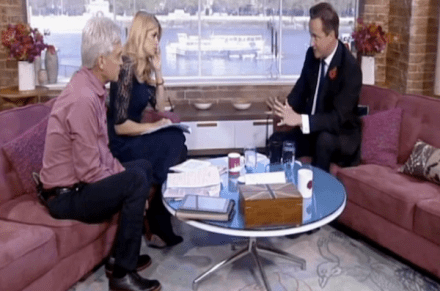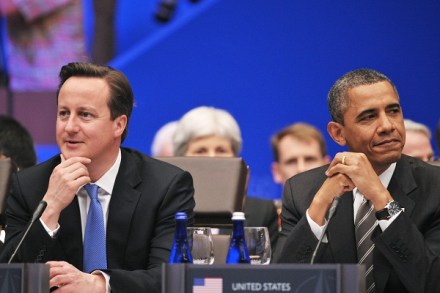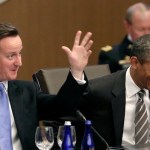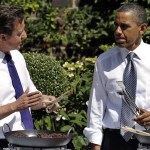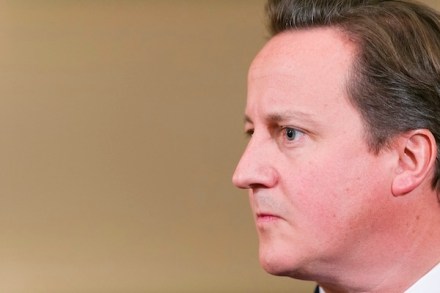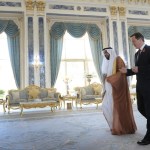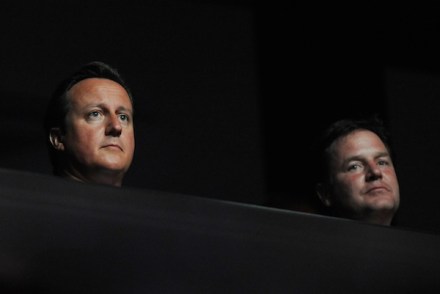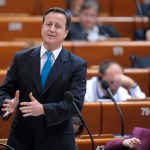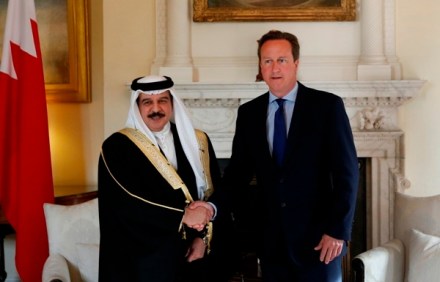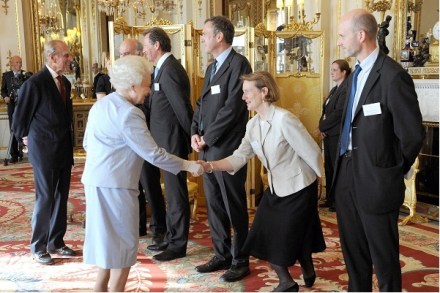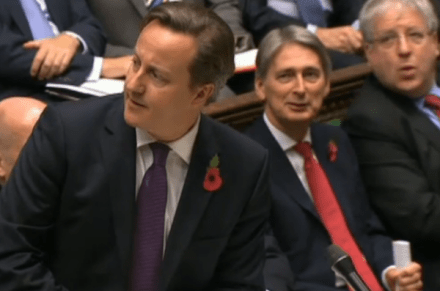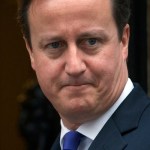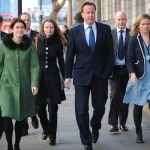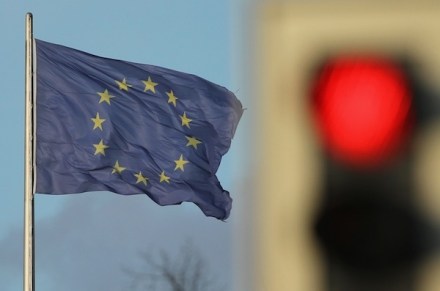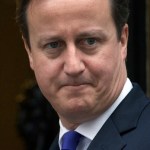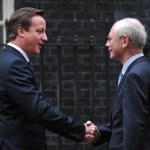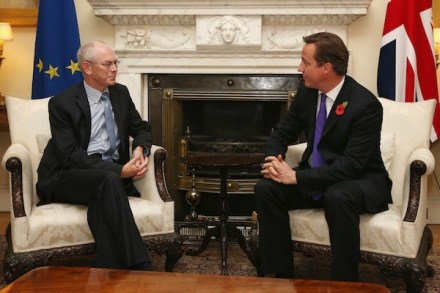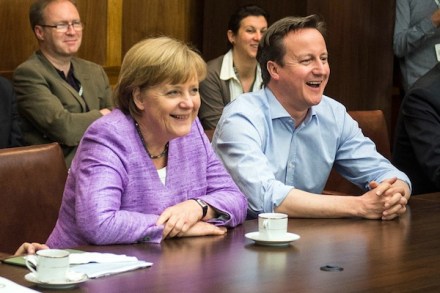The danger of the This Morning ‘paedophile list’
The Prime Minister goes on a mid-morning talk show and is forced to respond to a list of alleged paedophiles that the presenter has taken off the internet. If you put this in a political satire, it would be dismissed as far-fetched. But that is what happened when David Cameron went on This Morning. No-one is disputing the seriousness of the allegations involved. But does anyone really believe that the best way to uncover the truth is for the Prime Minister to be handed a list of names that a TV presenter has taken off the internet? Another concern about the coverage of this scandal is the terms that are
